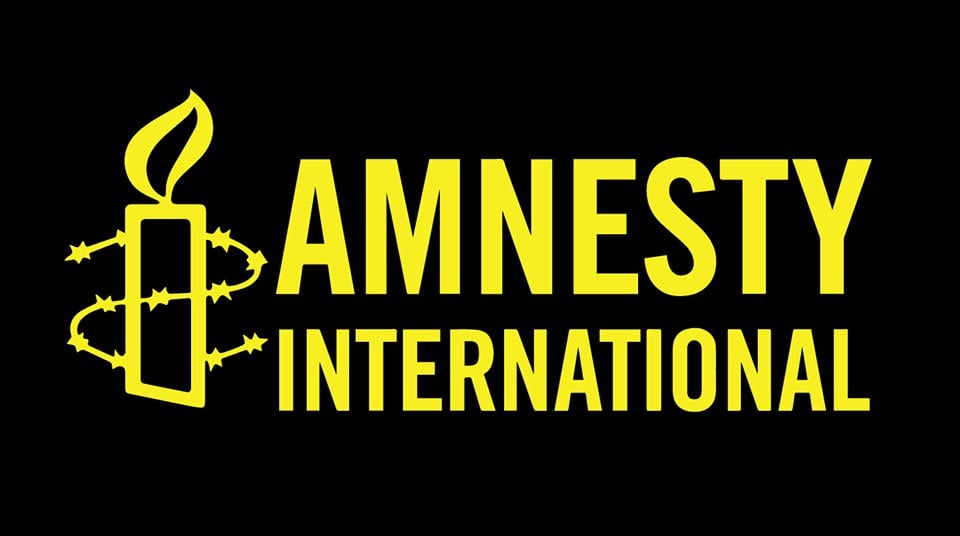Amnesty International (AI) on Monday released its 2022 annual report, highlighting the effects of conflicts in many countries in Sub-Saharan Africa while blaming the failure of leadership and global organisations.
The report stated that in Africa, journalists, human rights defenders and political opposition faced repression, including in Cameroon, Ethiopia, Eswatini, Guinea, Mali, Mozambique, Senegal and Zimbabwe.
The report, titled: “Amnesty International Report 2022/23: The State of the World’s Human Rights”, said, “The deaths of scores of protesters were reported and attributed to excessive use of force by security forces in Nigeria, Chad, DRC, Guinea, Kenya, Senegal, Sierra Leone, Somalia and Sudan, among other countries.”
The report also pointed out that “double standards and inadequate responses to human rights abuses fuelled impunity and instability.”
Journalists assaulted, denied access nationwide during 2023 general elections
Residents decry water scarcity in Niger community
The report also highlighted the failure of global and regional institutions, including the UN Security Council and the African Union, to respond adequately to crimes committed under international law in countries like China, Myanmar and Yemen, as well as on the African continent, including in Ethiopia, Burkina Faso and South Sudan.
It also showed that recovery efforts from the COVID-19 pandemic were hindered by conflicts, economic shocks arising from Russia’s invasion of Ukraine and extreme weather conditions exacerbated by climate change.
The report noted that consequently, the rights of millions of people to food, health and adequate standard of living were seriously undermined across the African continent.
The report reads in part: “The Russian invasion of Ukraine interrupted wheat supplies that many African countries depend on. Rising fuel costs, another consequence of the war in Europe, caused considerable spikes in food prices which hit the most marginalised groups the hardest.
“Food insecurity worsened due to conflict and drought in several African countries, leaving many people facing acute hunger including in Angola, Burkina Faso, CAR, Chad, Kenya, Madagascar, Niger, Somalia, South Sudan and Sudan. In Angola, food insecurity in the Cunene, Huíla and Namibe provinces was among the worst in the world and in some of these areas, adults and children resorted to eating stalks of grass to survive.”

 Join Daily Trust WhatsApp Community For Quick Access To News and Happenings Around You.
Join Daily Trust WhatsApp Community For Quick Access To News and Happenings Around You.

